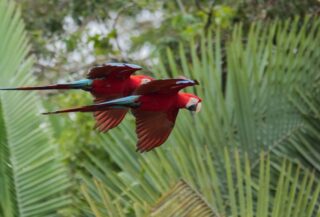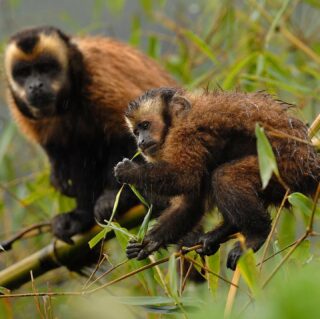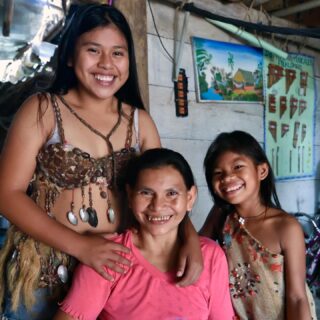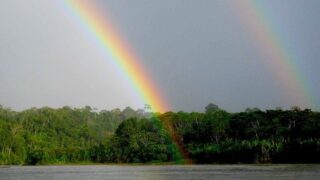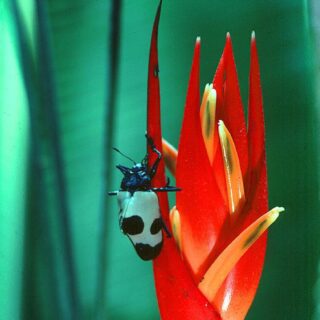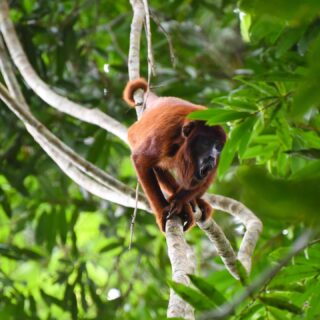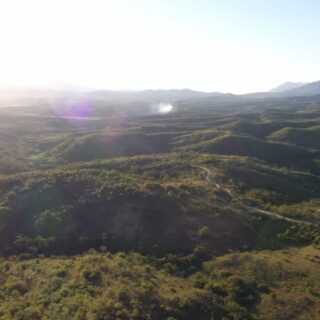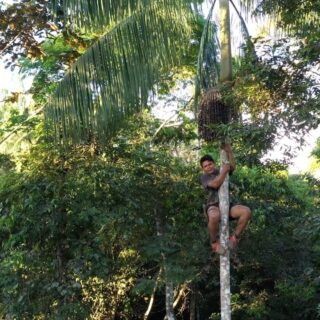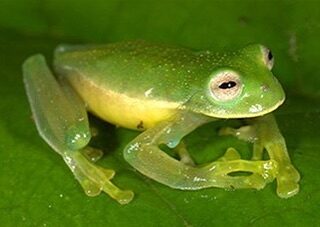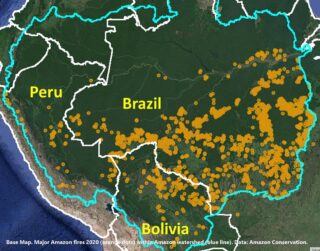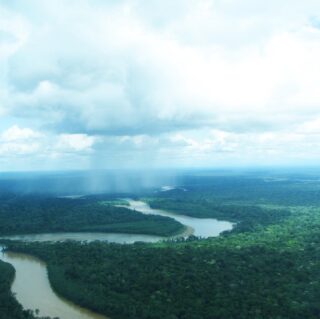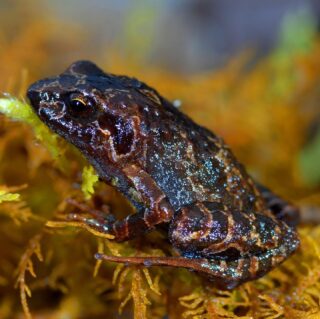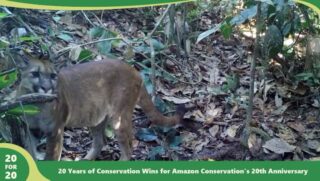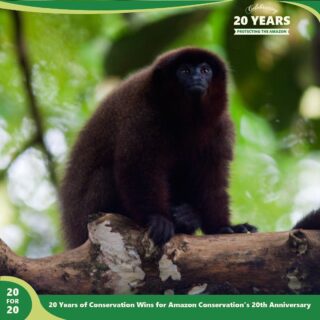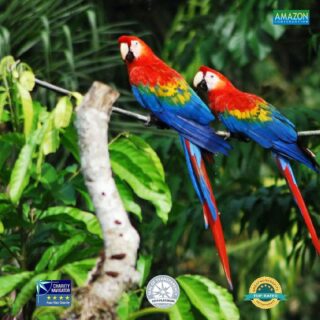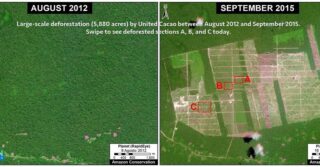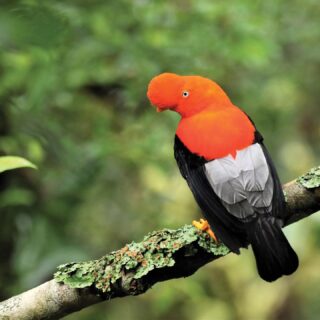After Bloodshed, Peru’s Government Revisits Land Policies
July 22, 2009
 (Article by Scott Harris) The Peruvian government reversed course on two controversial laws following a deadly clash earlier this summer between indigenous tribes and police.
(Article by Scott Harris) The Peruvian government reversed course on two controversial laws following a deadly clash earlier this summer between indigenous tribes and police.
On June 18, Peru’s Congress voted 82-14 to overturn legislative decree 1090, which would have removed protected status from more than 170,000 square miles of northeastern Peruvian forest, and Decree 1064, which made it easier for companies to conduct oil or gas exploration without obtaining prior approval from local and indigenous communities. Furthermore, in a sign of willingness to increase indigenous involvement in future decision-making regarding Amazon lands, the government has formed the National Coordination Group for the Development of Amazonian Peoples, which will include several indigenous leaders in its membership.
Daysi Zapata, acting president of the Inter-Ethnic Association for the Development of the Peruvian Amazon (AIDESEP), said in a statement on the group’s Web site that “we are grateful that the will of the indigenous peoples has been heard and we only hope that in the future governments listen and attend to indigenous peoples.”
The changes occurred after thousands of indigenous demonstrators, centered largely around the town of Bagua about 600 miles north of Lima, were allegedly fired upon by security forces. Peru’s government temporarily placed the region under a state of emergency after the incident, which left between 30 and 100 people dead, according to various estimates. After the protest, schools and markets in Puerto Maldonado, the capital city of the Madre de Dios region and home of one of ACCA’s offices, closed their doors for 48 hours in response to the incident.
James Anaya, the United Nations Special Reporter for Indigenous People, has called for an investigation into allegations of abuse of indigenous people by security forces in Peru.
 The Madre de Dios region was not directly affected by the protests or the decrees, although it could have been eventually impacted by the precedents set by the decrees had they remained in place. Madre de Dios president Santos Kaway will be a member of the government’s new Amazonian Peoples group, along with four representatives of the government’s executive branch, the presidents of Peru’s Loreto, Ucayali, Amazonas, and San Martin regions, and 10 representatives of Amazonian native communities.
The Madre de Dios region was not directly affected by the protests or the decrees, although it could have been eventually impacted by the precedents set by the decrees had they remained in place. Madre de Dios president Santos Kaway will be a member of the government’s new Amazonian Peoples group, along with four representatives of the government’s executive branch, the presidents of Peru’s Loreto, Ucayali, Amazonas, and San Martin regions, and 10 representatives of Amazonian native communities.
Peru’s government has in recent years been openly courting energy company investments, which Peruvian president Alan Garcia has said would provide a boon to the nation’s economy. On July 7, Houston-based BPZ Resources Inc., an oil and gas exploration and production company, announced that a subsidiary company had secured a $70 million line of credit for oil development in Peru. In April, French firm Perenco announced it would invest $2 billion for oil exploration in Peru’s Loreto region. Other companies currently involved in drilling and exploration in Peru include Argentina’s PlusPetrol, Canada’s Petrolifera, Spain’s Repsol, and Brazil’s Petrobras. (Photos above by Adrian Tejedor)

